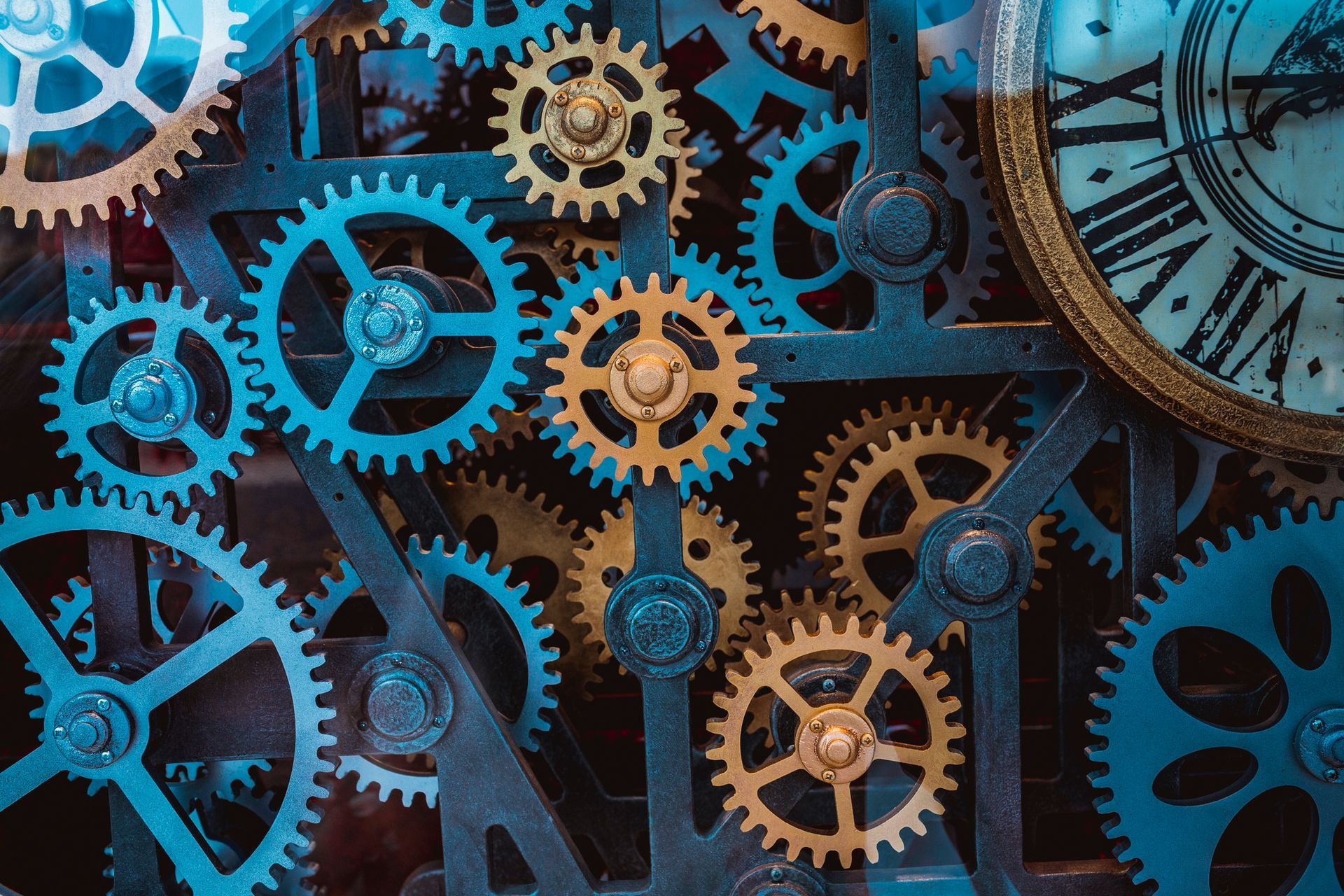Clocks: Like Engines, They Need Periodic Repair and Maintenance
Clocks, much like engines, are intricate machines that rely on precise movements and components working in harmony to function properly. Whether it’s a vintage mechanical clock or a modern digital timepiece, both share the same fundamental need for regular upkeep to ensure their longevity and accuracy.

The Similarities Between Clocks and Engines
At the core of this comparison is the idea that both clocks and engines are complex systems with many parts working together. Engines have pistons, gears, belts, and fluids to keep them running smoothly. Similarly, clocks have gears, springs, and escapements that drive the hands or power the mechanisms inside.
Just like an engine, when one component in a clock is worn out or malfunctions, the entire system can be thrown off. A worn-out gear in a clock might result in inaccurate timekeeping, just as a faulty part in an engine can lead to poor performance or failure.
The Importance of Regular Maintenance
Both clocks and engines require periodic maintenance to prevent wear and tear. For engines, this includes oil changes, checking belts, and replacing spark plugs. For clocks, maintenance might involve oiling the gears, adjusting the balance wheel, or replacing worn springs. If neglected, either an engine or a clock will eventually stop working entirely, leading to costly repairs or irreversible damage.
Ensuring Longevity Through Care
By regularly servicing your clock, you ensure that it remains reliable and continues to serve its purpose for many years. Whether it’s adjusting the mechanisms, cleaning the parts, or replacing old components, maintenance keeps time ticking smoothly—just like oil keeps an engine running efficiently. Treating your clock like an engine can help preserve its function and prevent costly repairs down the line.




